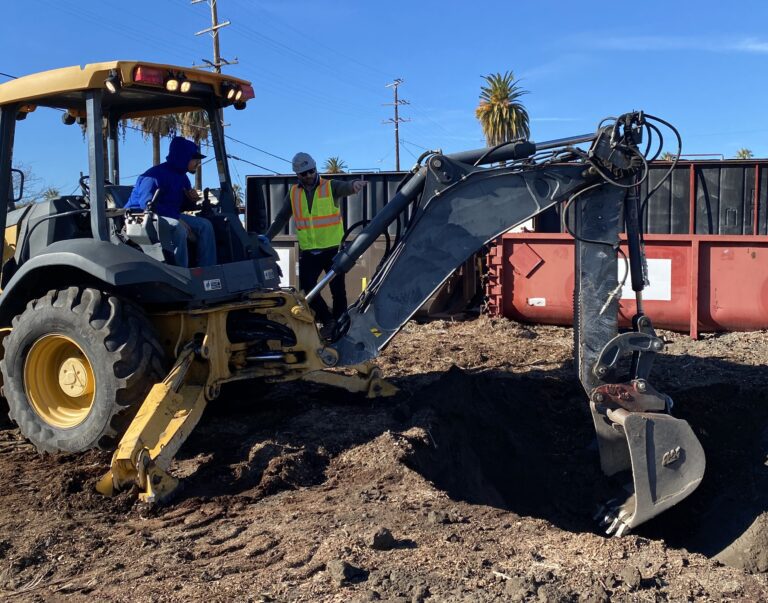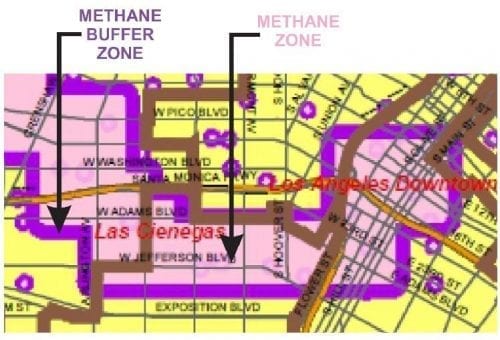Environmental Compliance Audit Services
An Environmental Compliance Audit is an environmental consulting service that helps businesses achieve environmental regulation standards, and operate environmentally sustainably. To illustrate, the process is similar to a financial audit. Although rather than providing financial advice, environmental professionals consult on matters of environmental law and best practices. Environmental law enforcement is a new major pillar of the EPA’s Strategic Plan to protect the environment and human health. As a result, businesses and individuals across the country are required to operate under regulated environmental laws. Audit solutions eliminate the risk of financial losses such as violation fines, penalties, and corrective action. Also, organizations tend to maximize efficiency and eliminate safety hazards under the guidance of an Environmental Compliance Audit. Each audit is site-specific and conforms to local, state, and federal regulations. Updated June 27, 2022.

Environmental Compliance Violations
An environmental compliance violation occurs when an entity fails to abide by the rules and regulations set forth by oversight agencies. Noncompliance violations can range from elementary causes to significant ones. For instance, an elementary violation can be the lack of secondary containment underlying hazardous liquid drums or an expired fire extinguisher. These are “Near Losses” or potential “Recognized Environmental Conditions,” because they could result in environmental impact.
On the other hand, a significant violation can be hazardous liquids actually leaking from drums. Especially when chemicals leak directly onto the floor or into a drain system. In fact, this is a common violation at many dry cleaner soil contamination sites. These violations are definite “Losses” because of the ongoing impact on the environment and worker safety (which can worsen over time). And identifying such losses during environmental site assessments can likely result in recommendations for a Phase 2 Environmental Investigation, in order to perform direct soil contamination testing. If soil contamination is apparent above the Phase 2 Screening Levels, there may be mandatory remediation orders to comply with agency-approved remedial action plans.
Environmental compliance violations can be civil and/or criminal in nature.
EPA Strategic Plan
The EPA’s Strategic Plan standardizes the agenda to protect human health and the environment. This program restores disciplinary power to State and local agencies, through federal cooperation. Regulatory agencies can administer civil actions in the form of a formal notice with penalties, a Superfund letter and/or an order to take corrective action. Civil actions can also prevail in court against the responsible party. Moreover, regulatory agencies can administer criminal actions against responsible parties. Criminal actions typically apply to significant violations that were willfully and knowingly committed. The penalties for criminal convictions of environmental compliance violations can result in imprisonment.
Bureaucratic Environmental Compliance Audit
Typically, environmental compliance audits are a preemptive effort to independently correct “Near Losses” and “Losses,” in good faith. However, an environmental compliance audit can also be the requirement of a regulatory agency. These are called “Bureaucratic Environmental Compliance Audits.” For instance, local health departments can order regulatory compliance audits and quarterly reporting at a facility that is a high-risk handler of hazardous waste. The purpose is to monitor good housekeeping and health and safety measures. A history of prior violations can also trigger this requirement.
Oversight
The primary government organization with federal oversight is the USEPA. Additionally, various state environmental agencies have disciplinary power and oversight. For instance, the Air Resources Board and Department of Toxic Substances Control in California, or the Commission on Environmental Quality in Texas. Similarly, local environmental agencies additionally have regulatory oversight power within their jurisdiction. For example, the Department of Public Health in Los Angeles County, or the Department of Environmental Health in Riverside County.
Non-Bureaucratic Environmental Compliance Audit
A non-bureaucratic environmental compliance audit is a professional service that doesn’t involve government orders or agency oversight. This professional service simply aids businesses and individuals who are handlers and generators of hazardous waste and is unaware of the environmental laws and standards that apply to them. And these audits can apply to more than just the subjects of hazardous waste. Other subjects include worker health and safety plans, operations and maintenance programs, machine maintenance, records keeping, good housekeeping, worker training and more. Environmental compliance audits can be “Programmatic” or “Global.” A Programmatic Environmental Compliance Audit bases itself on a specific type of concern, such as subsurface contamination. On the other hand, a Global Environmental Compliance Audit aims to address all possible types of environmental and safety violations. In seeking non-bureaucratic compliance services, a Global audit is typically the best recommendation.
Phase 1 Environmental Site Assessment
A Phase 1 Environmental Site Assessment is a comprehensive review of the current and historical land use of a property. Typically, a Phase 1 ESA becomes a requirement during a property sale or financing transaction. Phase 1 Environmental reports are generally an expectation at properties with presumable environmental risks. For example, a car wash, a former gasoline station or a manufacturing facility. In fact, a Phase 1 ESA references some information in connection with Environmental Compliance Audits.
Phase 1 ESA
During a Phase 1 Environmental Site Assessment, an environmental professional will ask to review available compliance records in connection with the facility onsite. For instance, during a Phase 1 ESA at a gasoline service station, underground tank testing certificates and fuel dispensing records are reviewed for potential discrepancies. Sometimes, historical compliance records may be available for review as well. These records are typically a requirement of state environmental agencies but can be reviewed for assessing environmental risk per the ASTM standard. Although this aspect of a Phase 1 Report does not constitute an actual compliance audit, it does overlap with certain components of an environmental compliance audit.
Compliance Audit Consultation
Geo Forward can customize Environmental Compliance Audit Report formats to any agency’s structure. For more information, please call (888) 930-6604 to speak with an environmental professional.








